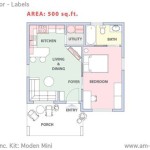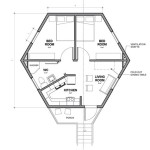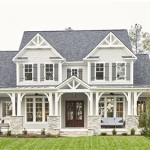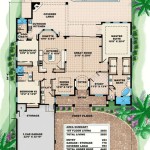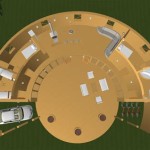Essential Aspects of Raised House Plans in New Orleans
In the historic city of New Orleans, where flooding poses a constant threat, raised house plans have been an essential architectural adaptation for centuries. These elevated homes provide protection from floodwaters, ensuring the safety and well-being of residents. When designing a raised house plan for New Orleans, several crucial factors must be considered.
1. Height and Elevation
The height of a raised house plan determines the level of protection it offers against flooding. The minimum recommended elevation in New Orleans is 12 feet above sea level. However, it is advisable to elevate the house higher, up to 20 feet or more, to account for potential future flooding scenarios and sea level rise.
2. Construction Materials
The choice of construction materials is critical for raised house plans. Steel and concrete are preferred materials as they are strong, durable, and resistant to water damage. Wood can also be used but requires careful treatment to ensure resistance to rot and decay.
3. Foundation System
The foundation system plays a crucial role in supporting the elevated structure. Pile foundations are commonly used in New Orleans. These long, slender columns are driven deep into the ground, providing a stable base for the house.
4. Drainage and Moisture Control
Effective drainage and moisture control measures are essential to prevent water damage. Proper grading around the house helps direct water away from the foundation. Gutters and downspouts ensure efficient rainwater drainage. Vapor barriers and proper ventilation minimize moisture accumulation within the house.
5. Accessibility and Functionality
While raised houses provide protection from flooding, they also require consideration for accessibility and functionality. Stairs or ramps should be strategically placed to allow easy access to the elevated living spaces. Ample space should be provided underneath the house for parking, storage, or additional living areas.
6. Architectural Design
The architectural design of raised house plans should be both functional and aesthetically pleasing. The elevated structure can be incorporated into the design in various ways, creating unique and stylish homes. Traditional New Orleans architecture often features raised Creole cottages or shotgun houses.
7. Regulatory Compliance
Before finalizing a raised house plan, it is crucial to ensure compliance with all local building codes and regulations. New Orleans has specific requirements for elevation, construction materials, and drainage systems. Obtaining permits and working with experienced professionals who understand these regulations is essential.
Conclusion
Raised house plans in New Orleans are not merely architectural designs but a testament to the city's resilience and adaptation to its unique environment. By considering essential aspects such as height, elevation, construction materials, foundation systems, drainage control, accessibility, and architectural design, homeowners can create safe, comfortable, and aesthetically pleasing elevated homes in the heart of this vibrant city.

Louisiana House Plans New Orleans Style The Designers

Better Than A Flip Re Imagining Our Forever Home New Orleans Architecture Firm

Acadian Elevated Style Homes Carriage House Plans

French Creole Home Designs House Plans And More

Incredible Raised Center Hall Cottage In The Garden District I Just Love Dormer Windows Nolaarch New Orleans Architecture Homes

Solaripedia Green Architecture Building Projects In

6 Ways Katrina Has Shaped Homes In New Orleans Open Floor Plans Granite Everywhere Home Garden Nola Com

Floorplan For Center Hall Cottage Source City Of New Orleans Hdlc Scientific Diagram

New Orleans Architecture Fine Homebuilding

New Orleans Architectural Styles

